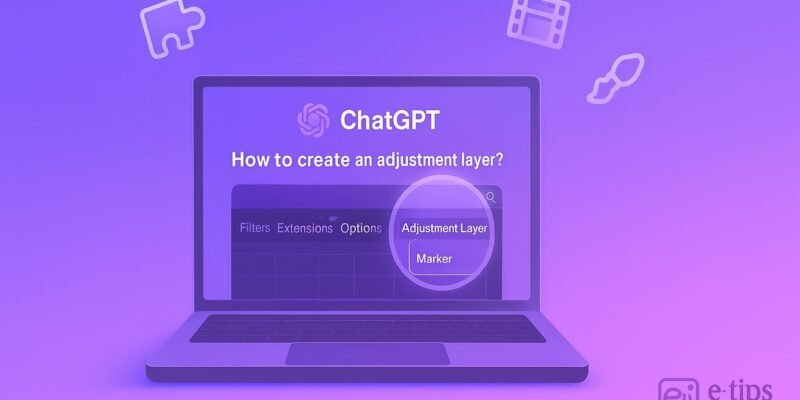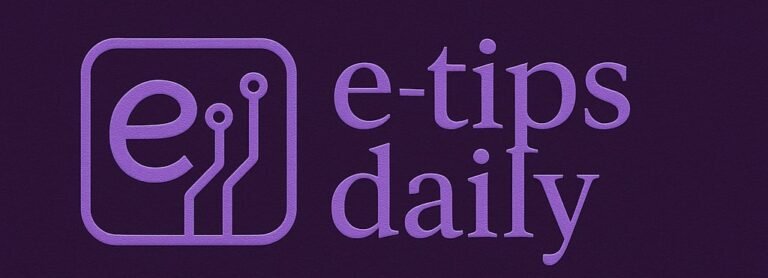ChatGPT is one of the most revolutionary tools to enter the writer’s toolkit in recent years. Developed by OpenAI, it leverages deep learning to understand and generate human-like text based on prompts. Far beyond a basic chatbot, ChatGPT is now widely used by content creators, educators, fiction authors, marketers, and technical writers.
What It Excels At
ChatGPT helps writers brainstorm, outline, edit, expand, and even rewrite content. It is especially useful when you’re stuck—whether that means struggling to find the next plot point in a novel, or needing five ways to phrase a product description.
Key Features in Practice
- Idea Generation: Need blog titles? Scene ideas? Email openers? ChatGPT thrives at quick brainstorming.
- Paragraph Expansion: Take a bullet point and ask for a fleshed-out paragraph to get your draft moving.
- Tone Rewriting: Convert formal into casual, or vice versa, with ease.
- Dialogue Crafting: Useful for fiction authors or screenwriters looking to experiment with character voices.
- Research Summarization: With plugins or extensions, it can summarize articles, saving time.
Daily Use Scenarios
- Content Writers: Draft article intros, SEO-rich blurbs, or listicles.
- Novelists: Flesh out sparse drafts, generate character bios, or test dialogue.
- Teachers: Prepare lesson plans or explain complex topics simply.
- Students: Outline essays or check grammar (ethically, with guidance).
Advantages
- Remarkably versatile with creative and technical content
- Quick to adapt tone and voice based on instructions
- Available 24/7 and integrates with tools like Notion and Word
Challenges
- Can sometimes produce generic or overly “safe” content
- Lacks deep context awareness over longer conversations
- Requires human oversight to ensure originality and factual accuracy
Pricing Snapshot
- Free Plan: Basic GPT-3.5 capabilities, ideal for casual users
- ChatGPT Plus ($20/month): Access to GPT-4, better performance, faster responses
- Pro Plans (via API): Used by businesses and developers
Writing With ChatGPT—An Ethical Angle
Using ChatGPT responsibly means ensuring that it enhances your original thinking. It should never be the sole source of your message, especially in journalism, academia, or creative writing.
Instead, use it like a high-powered brainstorming partner or first-draft assistant. Ask it to generate raw material, then bring in your perspective and polish. Avoid copying long sections verbatim, and always edit with your reader in mind.
With increasing use of synthetic content in public discourse, frameworks like the No Fakes Act serve as a reminder: content should reflect authentic human intent. Even if AI helps shape the process, your final product should still be undeniably yours.
What Writers Say
Many writers describe ChatGPT as a “writer’s Swiss Army knife.” One fiction author noted, “It’s like having a writing buddy who never sleeps—perfect for bouncing ideas at 2 a.m.” A technical content editor shared that it “takes the grunt work out of restructuring paragraphs, giving me time to focus on deeper revisions.”
When Not to Use It
- When accuracy is critical (e.g., legal, medical writing)
- When originality is the defining value (e.g., poetry, memoirs)
- When platform rules prohibit AI-generated content (always check terms of service)
Conclusion
ChatGPT is not here to write for you—but it can write with you. Used ethically and creatively, it can become an essential part of your workflow, improving speed and ideation while keeping your creative decisions front and center.
Whether you’re crafting fiction or fine-tuning a sales pitch, just remember: your words matter. AI can assist, but meaning comes from you. The real author isn’t the machine—it’s the mind guiding it.
Want to see how ChatGPT compares with other top tools? Read the full guide on the Top 5 AI Tools for Writers.


2 Comments
How to Make Money Online with AI — The Easy, Foolproof Guide - E-Tips Daily
June 30, 2025[…] ChatGPT (captions), Canva (visuals), Buffer or Hootsuite […]
How to Use ChatGPT for Creative Writing - E-Tips Daily
June 30, 2025[…] ChatGPT for Writers: Brainstorming Brilliance or Creative Crutch? […]